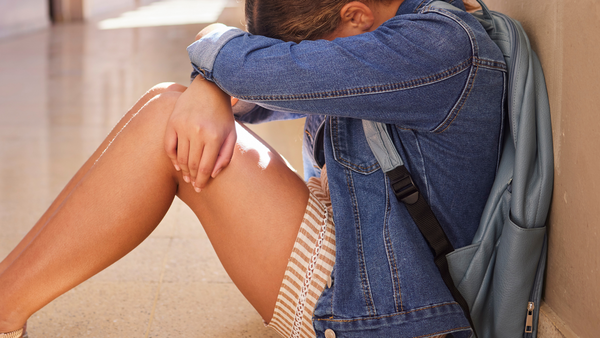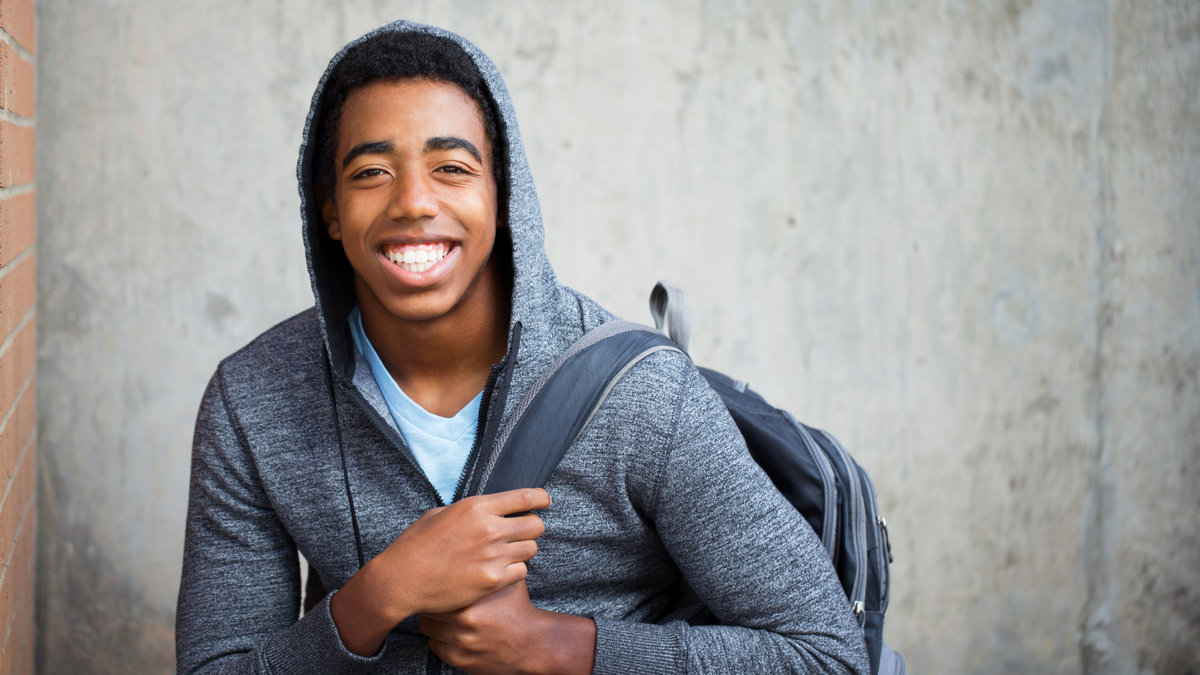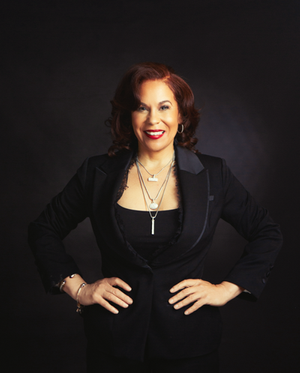Medical massage therapy for teens offers a practical way to help youth cope with stress and anxiety by targeting muscle tension calming the nervous system and improving posture and sleep habits. This article outlines how therapists adjust techniques for younger clients what to look for in a qualified provider and how consistent treatments support emotional and physical resilience.

Addressing Youth Stress and Anxiety Through Medical Massage Therapy
Denise Leslie
Imagine a high school student, Sarah, juggling exams, extracurriculars, and social pressures. She's exhausted, plagued by headaches, and finds it hard to focus. Constant worry has become her new normal. Sarah's story, unfortunately, is far too common. Today's youth face unprecedented levels of stress and anxiety, with long-term consequences for their mental and physical health. A possible approach? Medical massage therapy, which we'll explore in more detail here.
Teenagers need to know how to handle the stresses of their daily commitments to school, family, and other responsibilities during their developmental period. Look for common warning signs of mental distress—they may not openly discuss their troubles but have shown changes in their behavior.
Coping with all the stress they face in their lives can be done by various approaches - among them through the healing touch of a comforting massage therapy. This intervention method can effectively calm the already stressed-out minds and bodies of young individuals seeking peace from their busy and demanding lives.
Exploring the Benefits of Massage Therapy
Massage therapy can be particularly effective in combating stress among youth by addressing various physiological mechanisms contributing to stress and tension. Studies have shown how one month of daily 20-minute massages has increased dopamine levels among youth with eating disorders and depression. Here are some ways how massage works to combat stress physiologically for young people:
Reduction of Stress Hormones: Massage has been shown to decrease levels of stress hormones such as cortisol and adrenaline in the body. Cortisol is a hormone released in response to stress, and elevated levels can contribute to feelings of anxiety and tension. By reducing cortisol levels, massage helps to counteract the physiological effects of stress and induce relaxation in young people.
Activation of the Parasympathetic Nervous System: Massage stimulates the parasympathetic nervous system, which promotes relaxation and restores the body to a state of balance after periods of stress or activity. This activation decreases heart rate, blood pressure, and respiration rate, creating a sense of calm and well-being in youth.
Release of Endorphins: Massage triggers the release of endorphins, neurotransmitters acting as natural painkillers and mood enhancers. Endorphins promote feelings of pleasure and reduce pain perception, contributing to the relaxation and stress relief experienced during and after a massage session for young people.
Improvement in Blood Circulation: Massage techniques such as kneading, stroking, and compression help to improve blood circulation throughout the body. Enhanced circulation delivers oxygen and nutrients to the muscles and tissues while removing metabolic waste products, reducing muscle tension and promoting relaxation in youth.
Reduction of Muscle Tension: Many youths experience muscle tension and tightness due to stress, anxiety, or physical activity. Massage helps to relax tense muscles by applying pressure, kneading, and stretching techniques, which can release built-up tension and promote a sense of ease and comfort.
Enhanced Immune Function: Chronic stress can weaken the immune system, making individuals more susceptible to illness and infection. Massage has been shown to support immune function by reducing stress hormones and promoting relaxation, which can help young people maintain a healthy immune response and overall well-being.
Improvement in Mood: Massage therapy has positive effects on mood regulation and emotional well-being in youth. By promoting the release of endorphins and reducing levels of stress hormones, massage can help alleviate feelings of anxiety, depression, and irritability, leading to improved mood and a greater sense of happiness and contentment.
Promotion of Sleep Quality: Stress and anxiety can disrupt sleep patterns and lead to difficulty falling or staying asleep. Massage therapy can help improve sleep quality by inducing relaxation, reducing muscle tension, and promoting feelings of calmness, which can contribute to a more restful and rejuvenating sleep experience for youth.

Meditation and Yoga as Complementary Practices
Mindfulness and meditation techniques can help young people cultivate present-moment awareness, reduce racing thoughts, and promote relaxation. Simple practices like deep breathing exercises, body scans, and mindful walking can be incorporated into daily routines to manage stress.
Engaging in regular physical activity, such as walking, jogging, yoga, or dancing, can help reduce stress levels by releasing endorphins, improving mood, and promoting overall well-being. Encouraging self-care practices such as taking breaks, engaging in hobbies, practicing relaxation techniques, and setting boundaries can help young people recharge and manage stress more effectively.
The Power of Combining Therapies
Holistic approaches to managing stress and promoting well-being are valuable tools that complement, rather than replace, medical or psychological care.
While holistic practices focus on addressing the interconnected aspects of an individual's health, including physical, mental, emotional, and spiritual well-being, they are not meant to serve as standalone treatments for medical or mental health conditions. Instead, they work alongside traditional medical and psychological interventions to support overall health and wellness.
Combining therapies like medical massage with traditional mental health approaches offers a holistic approach to combating mental health issues. Massage therapy can play a valuable role in supporting mental health treatment and recovery by addressing physical symptoms, promoting relaxation, and enhancing overall well-being.
Programs like Hands to Heal provide young people who may not otherwise have the opportunity to access holistic therapies. These therapies can help youths who are experiencing stress and anxiety by providing them with therapeutic techniques and education that will help them cope with mental health issues.
Healing Touch For Today's Stressed Youth
Medical massage therapy can help young people develop their mental health. It does this by providing emotional benefits that help them feel better and more self-aware. When young people learn about self-massage techniques and self-care rituals, they become empowered to manage their own mental health, which can help them develop healthy habits for life.
For young people wanting to know more about positive self-care practices, The Jed Foundation, a nonprofit advocating the mental health welfare of young individuals, has provided mental health resources and tools that the youth can refer to. It helps equip them with the life skills necessary to survive the mental issues they're facing.
About The Author
Denise Leslie is a powerhouse mother, entrepreneur, and advocate for pain-free living. With a passion for healing and promoting health and wellness, As a dedicated therapist, Denise is committed to empowering others on their journey to optimal well-being. She understands the importance of community support and never stops serving those around her.

